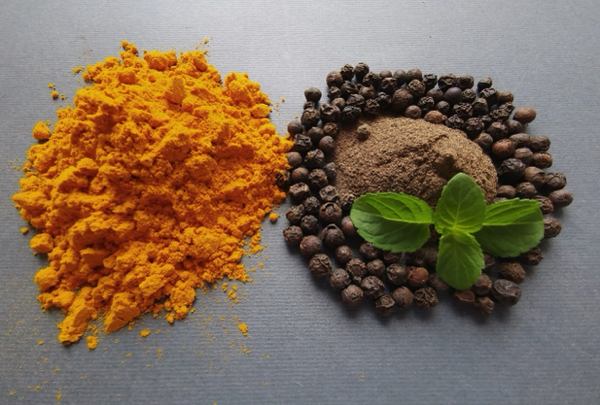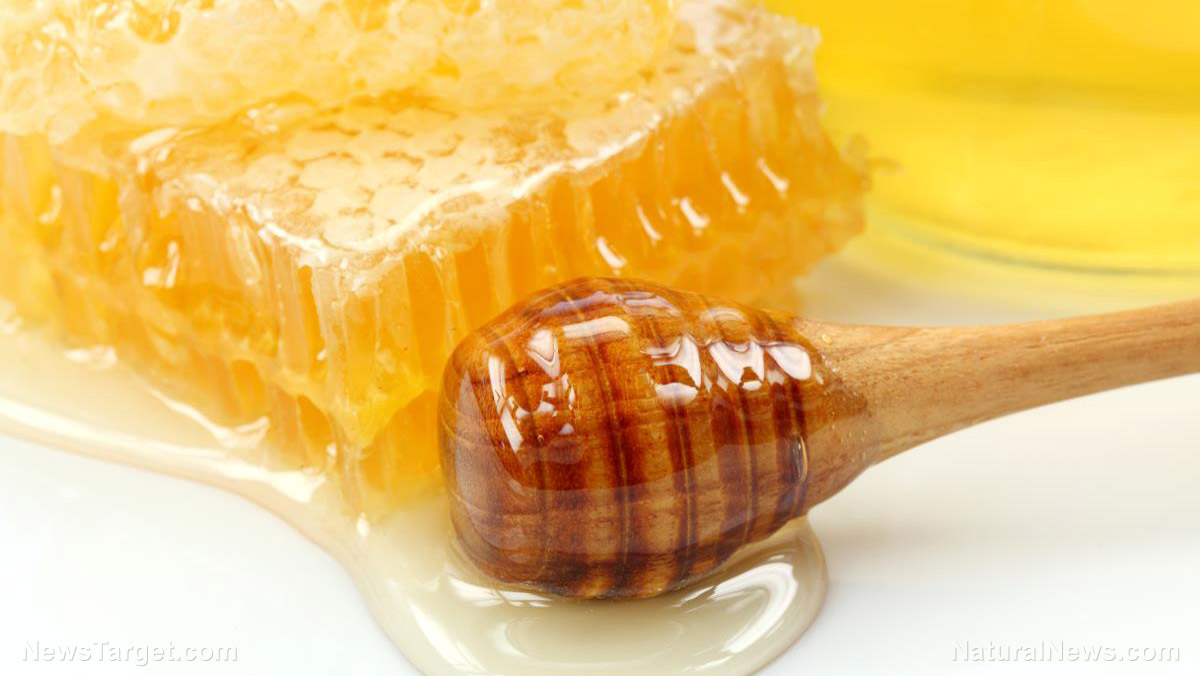
Advertisement
A new randomized controlled trial published in the journal Frontiers in Immunology reveals that spirulina, a nutrient-dense blue-green algae, is powerfully effective against the Wuhan coronavirus (COVID-19).
For six days, patients who tested positive for COVID took either spirulina and a conventional remedy, or just a conventional remedy without spirulina. Everyone in the spirulina group survived, but 15 percent of the non-spirulina group ended up dying.
“The overall results of the present study showed that a six-day course of Spirulina platensis plus the standard treatment of COVID-19 was superior for the recovery of patients compared to standard treatment alone,” the authors wrote.
Human knowledge is under attack! Governments and powerful corporations are using censorship to wipe out humanity's knowledge base about nutrition, herbs, self-reliance, natural immunity, food production, preparedness and much more. We are preserving human knowledge using AI technology while building the infrastructure of human freedom. Speak freely without censorship at the new decentralized, blockchain-power Brighteon.io. Explore our free, downloadable generative AI tools at Brighteon.AI. Support our efforts to build the infrastructure of human freedom by shopping at HealthRangerStore.com, featuring lab-tested, certified organic, non-GMO foods and nutritional solutions.
The research took place at two separate Iranian hospitals and involved 189 total patients. The spirulina group took 15.2 grams of the supplement powder in capsules alongside a standard COVID treatment while the other group just took the standard treatment.
The dosage of spirulina used was based on earlier research suggesting this amount is effective both as an anti-inflammatory and an antioxidant.
In both the spirulina and the non-spirulina group, half of the test patients were in an intensive care unit (ICU) while the other half were in a non-ICU.
(Related: Supplementing with spirulina is also effective against chemical dioxins, helping to detoxify them from the body.)
Imagine the benefits of spirulina alone
All in all, 91 patients took spirulina. Some of them ended up withdrawing from the study, but not a single person died, including from the ICU group where patients suffered more severe symptoms.
In the control group that did not receive spirulina, there were 98 participants, 46 of whom were non-ICU. In the control pool, four people died from the non-ICU group while 11 people died from the ICU group. All patients received a follow-up evaluation for seven days.
As you might expect, the spirulina group was found to show significant reductions in inflammatory markers in their blood, along with much higher oxygen levels than the control group.
The standard, non-spirulina treatment included antiviral therapy with remdesivir, corticosteroids (dexamethasone) and anticoagulants (heparin or enoxaparin). Patients that showed excessive inflammation were also given tocilizumab or other steroids.
It is important to note that nobody in the study received spirulina alone. Had there been a spirulina-alone group that did not receive remdesivir and the other drugs, perhaps there would have been even greater outcomes among the patient pool.
The reason for mentioning this is that remdesivir is a highly deadly drug that shows minimal, if any, benefits. It is a bit duplicitous to call the group that received remdesivir and the other drugs minus spirulina a “control” group, but this is the same thing they do in vaccine studies by giving the “placebo” group other vaccines rather than simple saline.
Thankfully for everyone in the spirulina-plus-conventional therapy group, they all lived despite taking remdesivir – but the same cannot be said of the non-spirulina group which lost 15 people to early death.
“It doesn’t surprise me that there are benefits from adding this to the diet and regimen of those in hospital,” commented Dr. Yusuf Saleeby, an integrative medicine doctor and director of the Carolina Holistic Medicine clinic, in a statement.
Spirulina, by the way, contains healthy levels of beta carotene, B-complex vitamins, vitamin E and various minerals such as copper, manganese, selenium and zinc. Spirulina also contains an essential fatty acid known as gamma-linolenic acid.
“All these are important in maintaining health and a healthy immune system,” Saleeby said about these nutrients.
Saleeby and other natural clinicians routinely prescribe spirulina and another blue-green algae type known as chlorella “to detoxify patients with chronic diseases, toxicities and poisoning” since the two algae varieties draw out and absorb heavy metals from the body, which are then excreted.
The latest news about COVID can be found at Plague.info.
Sources for this article include:
Advertisements







